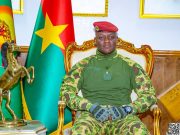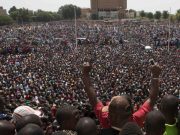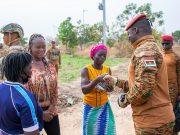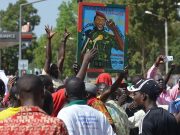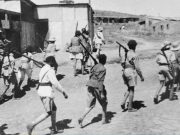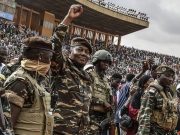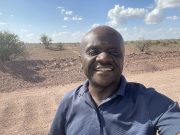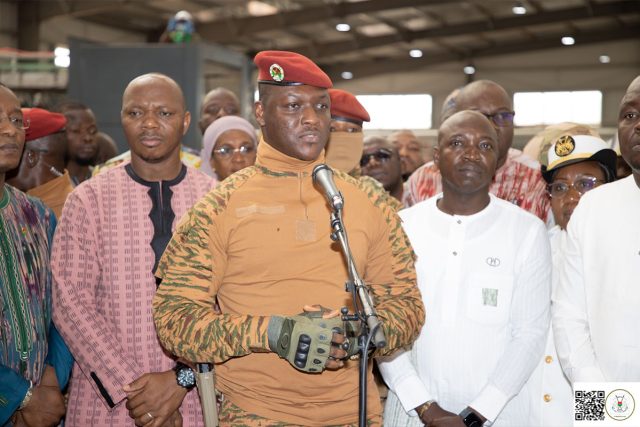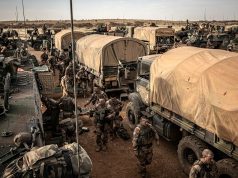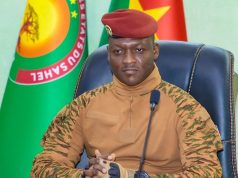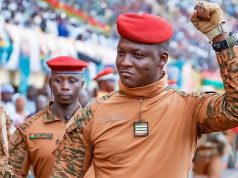Just a few weeks later, on a Friday evening, the jihadists committed an atrocious and sacrilegious attack. They stormed the Grand Mosque in the village of Salmossi and killed fifteen worshippers. Fifteen people, executed in their place of worship. The image burned into Traore’s mind. He could almost hear the gunfire that must have shattered the serenity of Friday prayers. The jihadis had come swiftly, cutting through lives with ruthless precision, then disappearing back into the desert like ghosts. And now, Salmossi was a ghost town. Fear had scattered the people like windblown sand, and no amount of military reinforcement could sweep away the terror.
Who does that?! Traore raged. Who attacks innocent worshippers in a sacred place of worship and massacres them in cold blood! These questions gnawed at his heart and filled him with righteous rage to help his people. The people who lost relatives in this mosque attack; the people of nearby equally besieged towns like Gorom-Gorom; all the vulnerable people of Burkina Faso.
Every day, Traore slapped the backs of the few soldiers under him, urging them to fight harder.
“The jihadis don’t have bulletproof vests, so we don’t need them either,” he often told them.
This wasn’t a reckless and naïve urge for them to fight without the necessary equipment. Rather, it was call to arms, for the soldiers to give everything in defense of the people. He led from the front, with deep conviction and resolve. This act of boldness and self-sacrifice is a hallmark of leadership that builds unwavering loyalty and determination among those who follow.
These relentless jihadist attacks laid bare the nation’s vulnerability and exposed deep systemic flaws within its military – poor equipment, delayed pay, and an absence of a clear strategy. Though frustrated, soldiers like Traoré confronted these challenges with unwavering resolve, their sense of duty to the Burkinabè people only growing stronger. Yet, Traoré often found himself questioning whether army superiors and President Roch Marc Christian Kaboré, far removed in Ouagadougou, shared the same commitment. Since Kaboré took office on December 29, 2015, little had changed, and Traoré couldn’t shake the feeling that the leadership’s indifference was costing lives.
